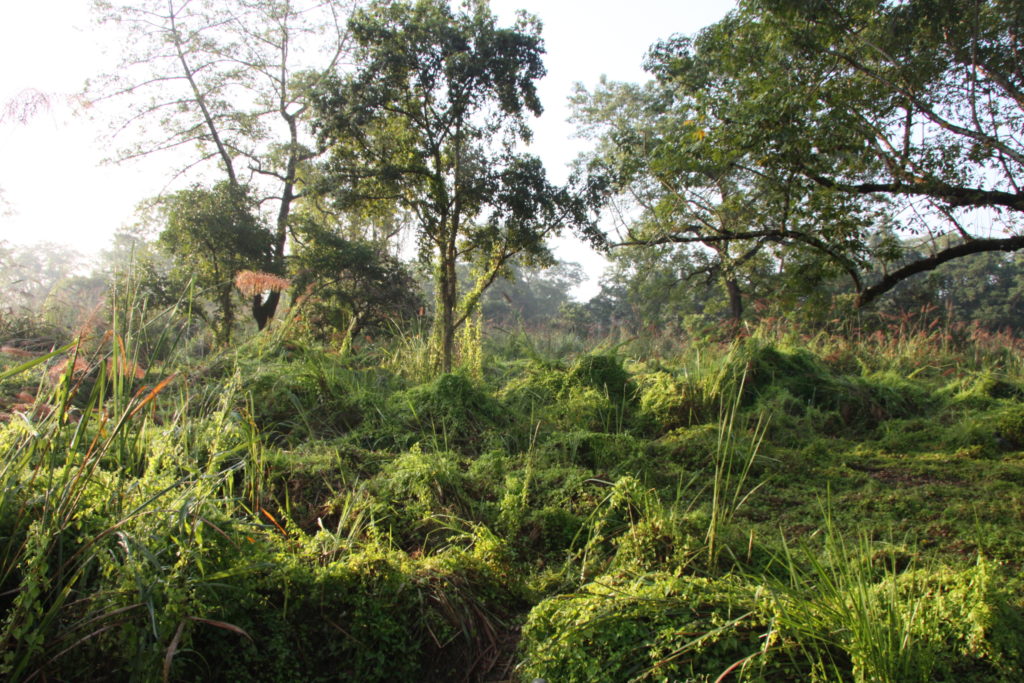The Baby Boomer Travel Market is Booming!
The populations of most developed, and some developing societies are growing older. This is because birth rates have decreased and life expectancies are increasing due to medical advances and better health care, as well as greater public health education with regard to diet, exercise and improved safety awareness. As a result, population projections have estimated that there will be a huge increase in the numbers of older people who are living longer; and it has been estimated that by 2050, 2 billion people will be aged 60 and older, accounting for 22% (or 1:5) of the world population.
CABI board member Paulus Vershuren explains how CABI is delivering on SDG17: Partnerships for the Goals
[youtube https://www.youtube.com/watch?v=KjrI0hkWTZ4?feature=oembed] The world we live in today faces complex and interconnected challenges that individual organisations alone cannot easily resolve. When the scale of the challenge is global, organisations must find ways of strengthening their partnerships and coming together to find the best and most sustainable solutions. This is why partnerships are at the…
CABI board member Dr Prem Warrior explains how CABI is delivering on SDG15: Life on Land
[youtube https://www.youtube.com/watch?v=F50tEAWounM?feature=oembed] CABI helps prevent, detect and limit the impact of invasive species by training government officials about the way they arrive and spread, supporting early detection and removal, and advising on natural, sustainable control (biocontrol) and pest management. By conserving biodiversity and ecosystems, we're improving the preventing and management of invasive species.
CABI board member Professor Dame Anne Glover explains how CABI is delivering on SDG12: Responsible Consumption and Production
[youtube https://www.youtube.com/watch?v=pJ1OqUUhwTY?feature=oembed] In future, farmers will need to produce more food from fewer resources. They will also need to significantly reduce crops losses. But without the right information, farmers cannot easily introduce new, highly productive and sustainable ways of farming. Sustainable production is central to CABI's work. We promote resource efficient farming and help farmers…
Irrigation facilities to enhance all year seed supply by farmers in central Uganda
Lack of access to quality seed, particularly of traditional crops that are not well integrated into the formal sector, remains a key challenge for increased productivity of these crops in African farming systems. CABI, working with national and regional partners, aims to strengthen seed systems in Africa through developing farmer seed enterprises and linkages to…
CABI board member Akhter Mateen explains how CABI is delivering on SDG1: No Poverty
[youtube https://www.youtube.com/watch?v=i3N0PEeKLOU?feature=oembed] One in five people in developing regions still live on less than $1.25 a day and many of these are the 500 million smallholder farmers around the world. But CABI is working hard to help small-scale farmers lift themselves out of poverty. We collaborate with people and organizations working across the supply chain…
CABI board member Roger Horton explains how CABI is delivering on SDG4: Quality Education
[youtube https://www.youtube.com/watch?v=RAQdE3PRzf8?feature=oembed] Sharing scientific agricultural and environmental information helps people tackle global challenges like food security. CABI creates resources that give access to science-based information on agriculture and the environment. Our mission is to improve people's lives worldwide by sharing knowledge. As a scientific publisher we produce materials for academics and researchers that make…
Stuffed and starved: is sufficiency the new efficiency?
Attending a recent Chatham House event, one statistic seemed to encapsulate the crisis of our current food system: 795 million eat too little while 2 billion eat too much. After the initial shock of hearing this, I couldn’t help but wonder; if there’s plenty of food to go around why are we simultaneously starving and…




